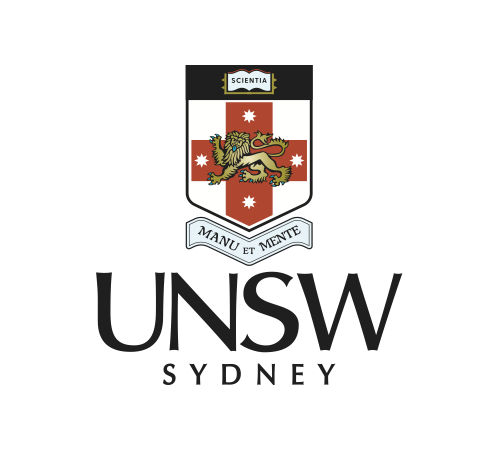suppressing HIV and in protecting the immune system from depletion. It is significant because for the first time
a model will be generated describing...
Our aim is to mathematically model the impact a new cell-delivered anti-HIV gene therapy can have in
suppressing HIV and in protecting the immune system from depletion. It is significant because for the first time
a model will be generated describing the important steps in production of CD4+ T cells from their blood stem
cells. We will describe how this system is perturbed by HIV and the impact of the anti-HIV gene. This is of
considerable interest since an individual who had their blood stem cells replaced by stem cells lacking our anti-
HIV target was cured of HIV.Our aim is to mathematically model the impact a new cell-delivered anti-HIV gene therapy can have in
suppressing HIV and in protecting the immune system from depletion. It is significant because for the first time
a model will be generated describing the important steps in production of CD4+ T cells from their blood stem
cells. We will describe how this system is perturbed by HIV and the impact of the anti-HIV gene. This is of
considerable interest since an individual who had their blood stem cells replaced by stem cells lacking our anti-
HIV target was cured of HIV. It is innovative because the mathematical modelling will direct the associated
laboratory work, so that maximal accuracy of the model predictions can be achieved.
